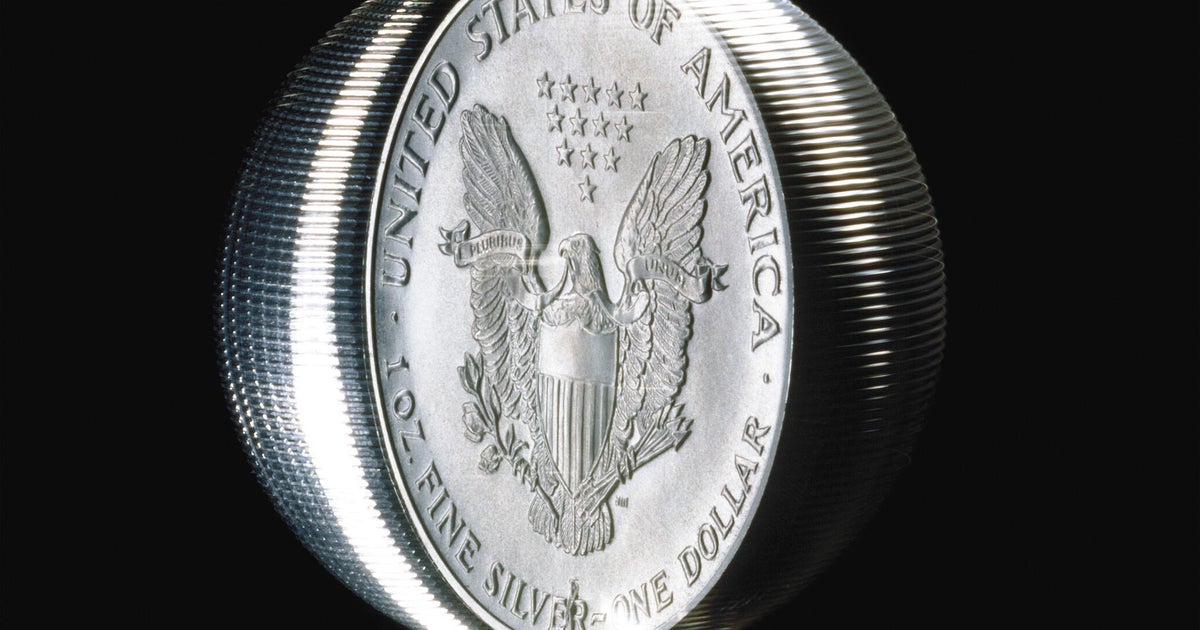Tech stocks in a bubble? Wall Street can't decide
Wall Street has been riding high again lately, but not all stocks have participated in the recent strength. Consumer staples have been laggards, as have "yield-sensitive" shares like those of utilities and telecoms. Instead, all the focus has been on the mega-cap technology stocks that helped push the Nasdaq Composite to new record highs last week and lifted the Dow Jones industrials back over the 25,000 threshold, to levels not seen since March.
It has been all about the near-vertical rise in a select group of stocks, known by various acronyms such as "FANG," "FANGMAN" and "FAANGS" depending on those included.
You know the names: Facebook (FB), Apple (AAPL), Amazon (AMZN), Netflix (NFLX) and Google parent Alphabet (GOOG). The group has separated from the performance of U.S. stocks generally, which in turn have separated and risen above the performance of stocks around the world. If you look at where the action has been globally, it has been all about this handful of stocks.
But have the big tech stocks gone too far? Wall Street can't make up its mind.
In a recent note to clients, Bank of America Merrill Lynch (BAC) strategist Michael Hartnett pointed out that their impressive performance has driven a large disconnect between U.S. equities and the rest of the world. The result is a "conscious decoupling" from what's happening in the European Union and in emerging markets, similar to what was seen in 1998-1999.
He sees this separation closing in the months to come as the security blanket from the Federal Reserve's intense quantitative easing (bond-buying stimulus) vanishes while its rate hike campaign continues. The Fed will likely raise rates again this week by another quarter percentage point. The European Central Bank will likely announce on June 14 that it will begin tapering its QE program in September.
And across emerging markets, there have been 33 rate hikes in the last nine months as policymakers struggle with higher inflation and weak currencies as a result of the stronger U.S. dollar.
Peter Oppenheimer at Goldman Sachs (GS) isn't as worried about tech valuations. He has noted that while Amazon, Apple and Microsoft (MSFT) have a combined market capitalization larger than the annual GDP of the entire continent of Africa (54 countries), the valuations are justified by fundamental growth. Moreover, valuations as a share of the S&P 500 are lower than in prior market bubbles.
Morgan Stanley (MS) has recently chimed in as well, but it's warning that the new tech bubble could "burst at any moment, without warning" ahead of what it believes will be a peak in earnings and economic growth later this year.
When combined with rising inflation and tighter financial conditions from central bank rate hikes, the analysts think it could become a nasty combination that results in "rolling bear markets across asset classes, individual securities, sectors, and regions" of the kind U.S.-based tech stocks have managed to avoid this year. That's a big contrast to the 148 stocks in the S&P 500 that have suffered a drop of 20 percent or more since valuations peaked in December.



